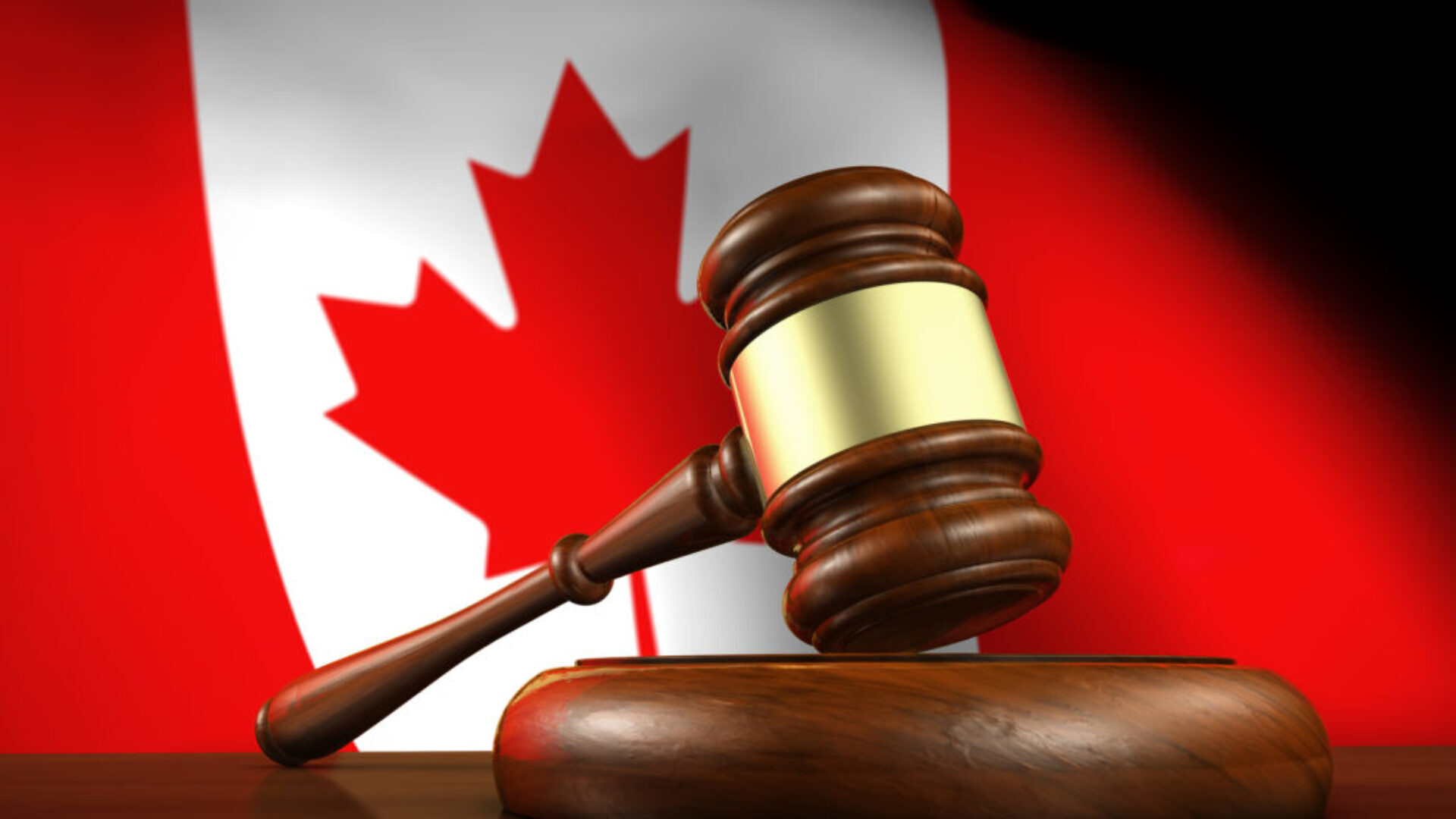Refugee Application in Canada from Nigeria

Refugee Application in Canada from Nigeria: A Comprehensive Overview
Introduction
The issue of seeking asylum and refugee protection is a global concern, and many individuals from countries experiencing conflict, persecution, or other forms of violence seek refuge in countries that uphold international human rights standards. Canada is one such country known for its humanitarian approach to refugees and asylum seekers. This essay explores the process of refugee application in Canada for individuals fleeing from Nigeria, highlighting the reasons for seeking refuge, the legal framework for asylum, the application process, challenges faced by applicants, and the broader implications of this process.
Reasons for Seeking Refuge from Nigeria & Refugee Application in Canada from Nigeria
Nigeria, the most populous country in Africa, is home to a diverse population with a rich cultural heritage. However, it also faces various challenges, including political instability, ethnic and religious tensions, economic disparities, and violence. Individuals from Nigeria may seek refuge in Canada for several reasons, including:
- Boko Haram Insurgency: The Boko Haram insurgency in northeastern Nigeria has resulted in widespread violence, displacement, and human rights abuses. Many Nigerians have been forced to flee their homes due to the conflict.
- Ethnic and Religious Tensions: Nigeria has a history of ethnic and religious tensions that can lead to violence and persecution. Individuals from minority ethnic or religious groups may seek refuge to escape discrimination and violence.
- Political Persecution: Political activists, journalists, and members of the opposition may face persecution in Nigeria due to their activities or affiliations. Some seek asylum to protect themselves and their families.
- Economic Hardship: Economic challenges, including high unemployment rates and poverty, may drive some Nigerians to seek better economic opportunities in Canada.
- Gender-Based Violence: Women and LGBTQ+ individuals in Nigeria may experience gender-based violence, discrimination, and persecution. Some seek asylum to escape these threats.

The Legal Framework for Asylum in Canada & Refugee Application in Canada from Nigeria
Canada has established a legal framework for processing asylum claims in accordance with international refugee protection standards. Key elements of this framework include:
- Refugee Protection Division: The Immigration and Refugee Board (IRB) of Canada is responsible for determining eligibility for refugee protection. Asylum seekers must appear before the Refugee Protection Division for a hearing.
- Refugee and Humanitarian Resettlement Program: Canada operates various resettlement programs, including the Government-Assisted Refugee Program, Private Sponsorship of Refugees Program, and Blended Visa Office-Referred Program, through which refugees can be resettled.
- Safe Third Country Agreement: Canada has a Safe Third Country Agreement with the United States, which restricts asylum claims at the U.S.-Canada land border. However, there are exceptions to this agreement.
- Non-Refoulement Principle: Canada adheres to the non-refoulement principle, which means it will not return a refugee to a country where they would face persecution or danger.

The Application Process & Refugee Application in Canada from Nigeria
The refugee application process in Canada involves several stages, including:
- Eligibility Determination: Asylum seekers in Canada must first establish their eligibility to make a refugee claim. This is typically done at the port of entry, an immigration office, or a detention center.
- Refugee Claim Hearing: Eligible asylum seekers are scheduled for a hearing before the Refugee Protection Division, where they present their case and evidence for refugee protection.
- Background Checks: Security and criminality checks are conducted to ensure the applicant does not pose a security risk.
- Health Assessments: Asylum seekers undergo medical examinations to assess their health status.
- Resettlement Programs: For some individuals, particularly those who may be sponsored by the government or private citizens, resettlement programs provide support for housing, language training, and integration into Canadian society.
Challenges Faced by Applicants & Refugee Application in Canada from Nigeria
Refugee applicants from Nigeria face several challenges during the application process, including:
- Lengthy Processing Times: The asylum process can be lengthy, leading to uncertainty and challenges related to housing, employment, and integration.
- Evidence Collection: Gathering evidence to support a refugee claim can be challenging, particularly if individuals fear persecution in their home country.
- Language Barriers: Language differences can hinder communication with immigration officials and legal representatives.
- Access to Legal Aid: Access to legal aid and representation can vary, and some individuals may face difficulties in navigating the complex legal process.
- Mental Health: Many applicants have experienced trauma or violence, leading to mental health challenges that may not receive adequate attention during the application process.

Broader Implications of Refugee Application in Canada from Nigeria
Canada's approach to refugee applications from Nigeria and other countries reflects its commitment to humanitarian principles, international obligations, and the protection of vulnerable individuals. It also has broader implications for Canada's multicultural society, as refugees contribute to the nation's cultural diversity and economic development.
Conclusion
The process of seeking refuge in Canada from Nigeria is a complex and multifaceted journey. Asylum seekers face numerous challenges in navigating the legal and administrative aspects of the refugee application process, but Canada's commitment to providing a safe haven for those in need remains unwavering. The protection of refugees is not only a legal obligation but also a demonstration of Canada's dedication to humanitarian values and the belief that every individual deserves a chance at safety, security, and a brighter future.
In case, if you legal Help with Refugee Application in Canada from Nigeria or other countries, please fill in Application below or contact us directly.


